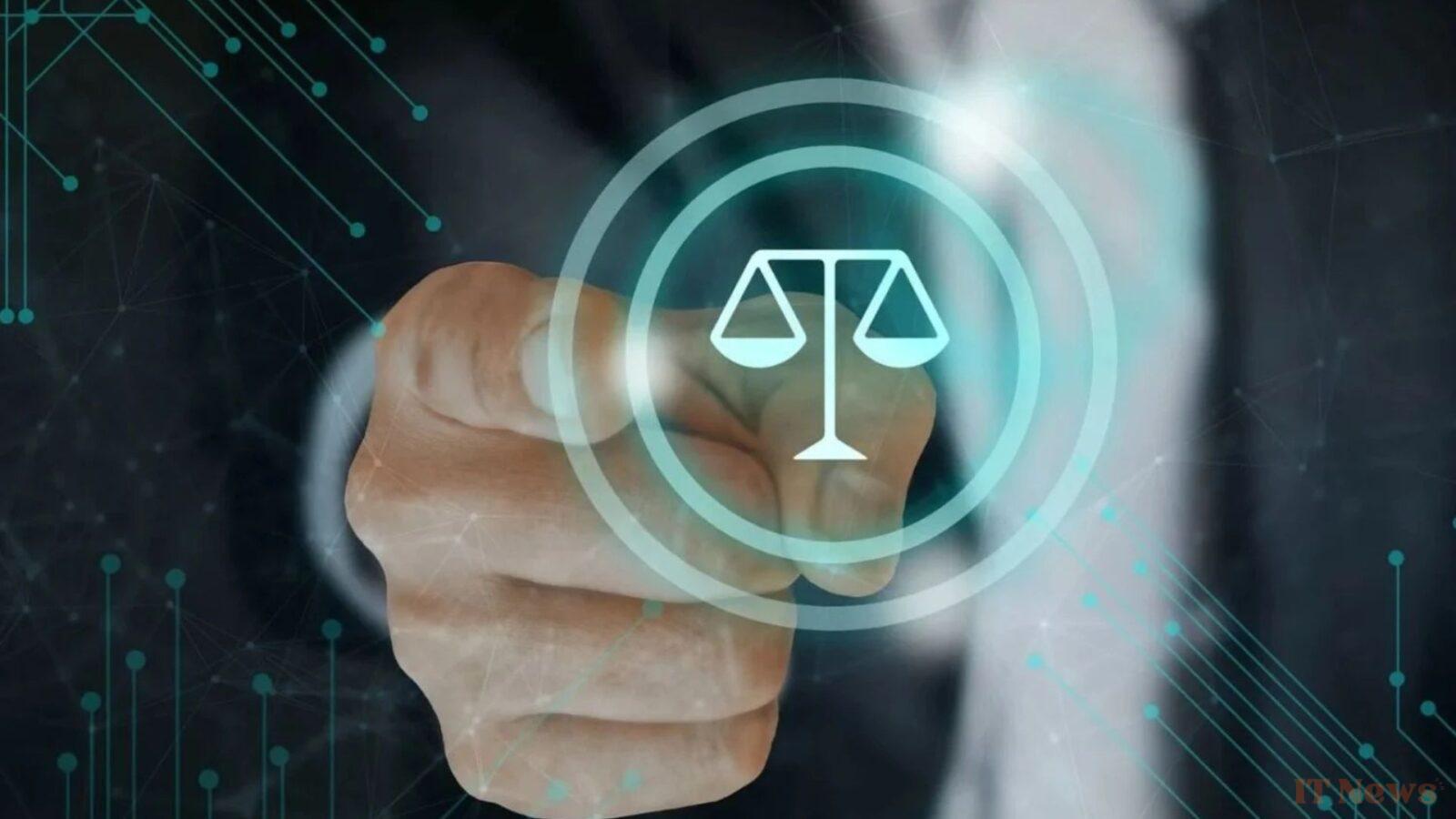Using ChatGPT or other generative artificial intelligence (AI) tools during exams can be expensive, even very expensive. This is highlighted by a recent judgment by the Nice Administrative Court on April 23, concerning a high school student caught cheating during one of the French Baccalaureate exams. The administrative judge of first instance upheld the punishment of a young man who had consulted AI software in the middle of the exam to help him write his text. And the penalty remains harsh: the student is banned from taking official exams for a year.
The events allegedly took place at the end of the 2023 school year, the court details, whose judgment was spotted by Nicolas Hervieu, a public law expert and lecturer at Sciences Po, on Bluesky. On June 15 of that year, the high school student was taking his French baccalaureate. The young man had the bad idea of consulting his smartphone, in the middle of the exam, in search of "documentary resources related to the test via artificial intelligence software." The first-year student uses this AI tool "to help him write, via artificial intelligence software, answers directly related to the subject of the exam."
A student caught red-handed for the first time
A supervisor notices this: she then writes a report of suspected cheating in which "the attempt to cheat, using artificial intelligence software on his mobile phone" is mentioned - the AI software in question is not specified. The high school student signed the report, confirming that he had "understood the facts with which [he] is accused."
Then summoned in July by the disciplinary committee for the baccalaureate of the Nice academy, he was sanctioned on September 4, 2023. He received a grade of 0 on the test, with a ban on taking any exam "leading to the award of the baccalaureate or a title or diploma issued by a public institution providing post-baccalaureate training for one year." As a result, the high school student in his first year of high school could no longer take his baccalaureate or any exam for twelve months.
The sanction was deemed disproportionate by his parents, who appealed this decision, as the high school student was a minor at the time of the events. Without disputing "the materiality of these facts or their wrongful nature," they believe that the sanction literally blocks their son, preventing him from entering higher education. Their son, who has "no disciplinary record," "was subjected to intense pressure from them and (...) became aware of the seriousness of his actions, for which he apologized several times," they argue.
The argument did not convince the courts, which pointed out that this was indeed a case of fraud punishable by the Education Code. The twelve-month ban is also not "the most severe sanction provided for by Article D. 334-32 of the Education Code," the judges wrote. The ban on taking an exam can in fact be up to five years. With a "duration limited to one year", the high school student is therefore not prevented from continuing his studies, notes the administrative court.
Source: Judgment of the Administrative Court of Nice of April 23, 2025



0 Comments